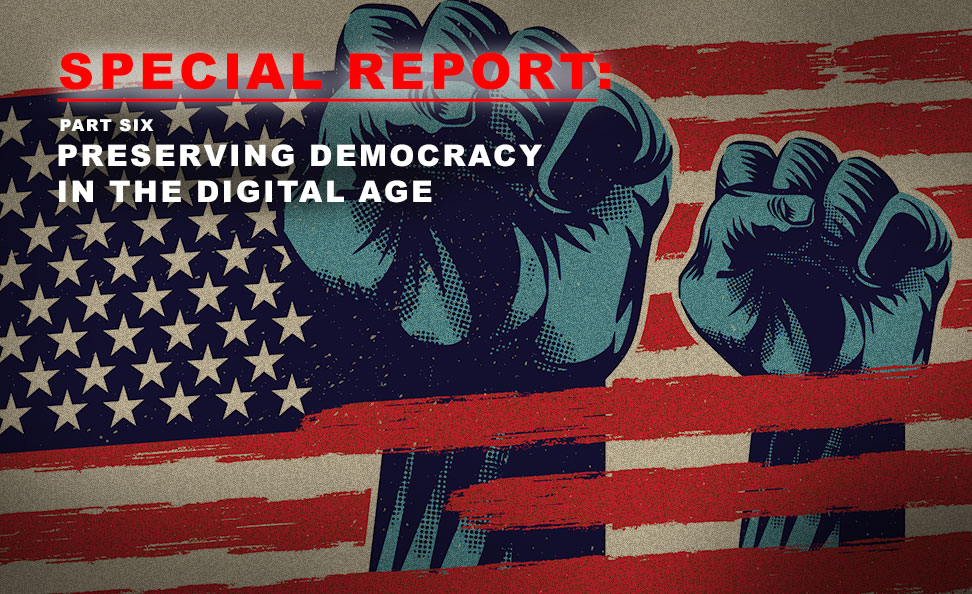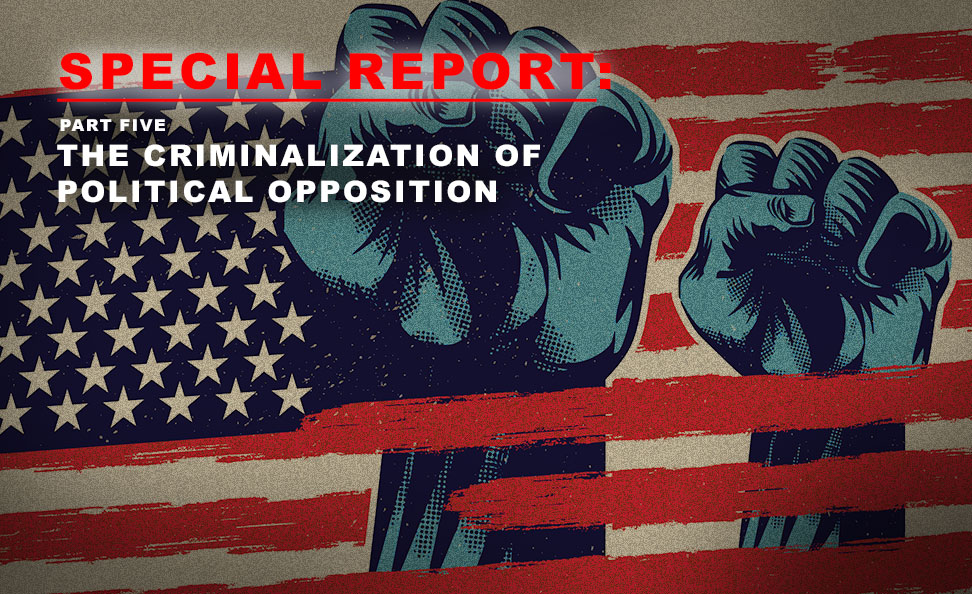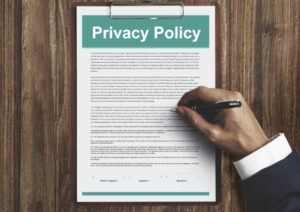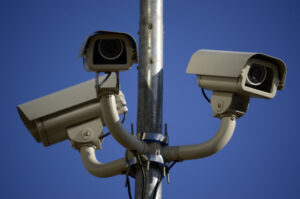If You Have Nothing To Hide, You Have Nothing To Fear – Mic Drop
Why do privacy opponents always fall back to “if you have nothing to hide, you have nothing to fear?” It’s like some sort of prophetic biblical mic drop for them. “Boom!” End of argument. Or so they think.
This illogical jibber-jabber word bomb robs you of your privacy and dignity. It presumes guilt before innocence. And it makes the bold untrue claim that only bad people need privacy. As far as logic goes, it’s a false dichotomy. An argument where because one part is correct, it’s assumed the other must be too.
The nothing to hide, nothing to fear argument can be a total conversation stopper. But it doesn’t need to be. If you know how the argument works, you can fight it and take back control.
Nothing To Hide, Nothing To Fear Is A False Dichotomy Designed To Rob Your Privacy
On the surface, “if you have nothing to hide, you have nothing to fear” seems logical and easy to agree with. Or, at the very least, hard to argue against.
The “nothing to hide” argument presents a false dichotomy. It assumes that because one part of the argument is correct, the other must be too. There are no other choices or options. If you look deep enough, the argument falls apart fast. Thinking about it for a moment paints a horrifying and dangerous picture. But, you have to invest the time to think about it.
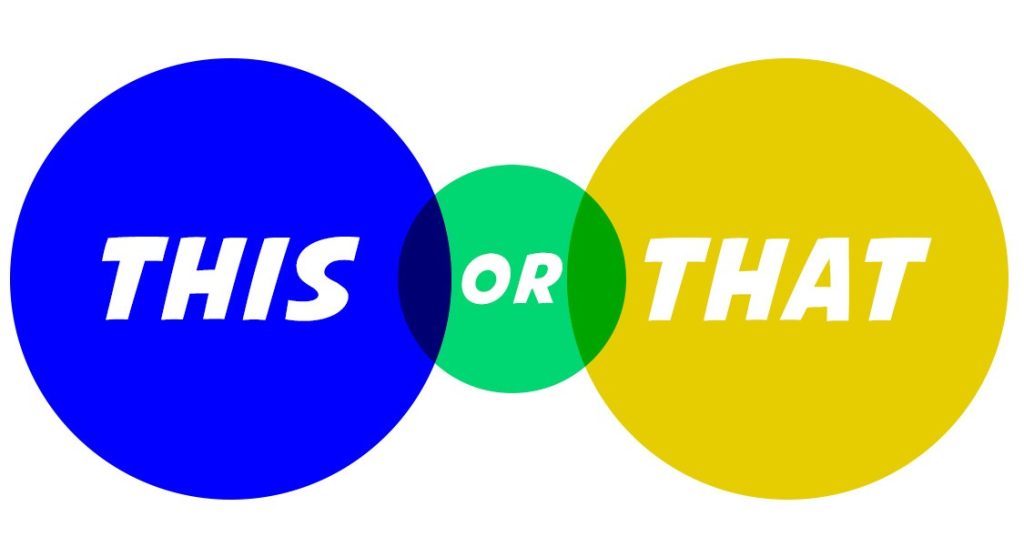

A fence around your house and shutters on your windows are not proof of criminal behavior or intent. Instead, they preserve your privacy and dignity. They shield the intimate details of your private life from the eyes of the world. Are you sure you want your neighbors to watch you and your spouse during intercourse?
An email password does not mean you are up to no good and need to hide behind a shield. It means your communications are private. They are nobody else’s business.
An anonymous Twitter account means nothing in itself. It’s not proof of a Russian bot. And it’s not proof of an attempt to overthrow your government. It could mean you want to express your opinion without becoming a target. Without becoming a victim or assaulted, canceled, or fired from your job.
Only Bad People Need Privacy
The “nothing to hide” argument implies privacy is something that only bad people need. And simple logic dictates this cannot be true.
Privacy and anonymity are not the sole domain of bad people. Good people need privacy too. Whistle-blowers exposing corruption are good people who are protecting the public interest. You and I? We are good people. The private, personal details of our lives are, well, private.
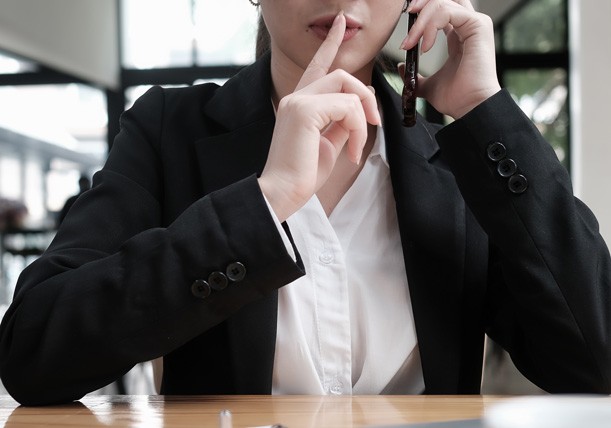
By using the flawed argument “if you have nothing to hide, you have nothing to fear” we can infer the opposite. If you have something to hide, it’s because you have every reason to fear. And that’s not true either.
Hiding a few dollars in the cookie jar for a rainy day doesn’t mean I need to fear an IRS audit. Nor does it mean I’m doing so because I fear arrest and prison for having a few spare bucks.
You Are Guilty Until You Can Prove Your Innocence (Good Luck With That)
“If you have nothing to hide, you have nothing to fear” is a dangerous argument. The implication of guilt is immediate, and this is a horrifying position to be in if you stand accused. It robs you of your right of innocence until proven guilty. Proof of a crime needs to only be an accusation and nothing more. The burden of proof is gone.
An accusation itself stands as the only evidence needed. You must have been up to something, otherwise, there would be no problem.
It puts the onus of proving innocence on the accused. An accusation of an offense is far too easy to make and almost impossible to disprove. We live in a cancel-culture climate. Being accused is more than enough to dish out a lifetime of punishment and assault.

You Have Many Reasons To Fear The Loss Of Privacy
There is another problem with the “nothing to fear, nothing to hide” argument. You may have many reasons to be fearful.
Maybe you are afraid of losing your job for having a different point of view than your colleagues. Mention your love for Trump at the next staff meeting, sit back, and watch the fireworks!
Heck, you might be afraid of exposing your religious views in your community. The Jews of 1940’s Germany didn’t fare very well. And the Uighurs of present-day China are being persecuted for this very thing.
Sorry for the cliché. But it’s a cliché for a reason.
The color of your skin could put you at the risk of arrest or worse. Your vaccination or another medical status might be the cause of losing your job, income, and home. Expressing a dissenting political view might result in a violent physical attack. Disagree with the government and they might freeze your bank accounts. They might even seize your assets. Ask the Canadian truckers about how well dissenting against a dictator worked out.
Tens of thousands of honest, hardworking Americans were recently fired from their jobs. Why? Because they expressed a viewpoint counter to the politicized vaccine narrative. Who would have thought disagreeing with the government would cause so much trouble?
They Only Surveille Miscreants And Wrongdoers
Yet another flaw? The assumption is that surveillance is only directed at miscreants and wrongdoers. You know, the people who deserve it. The very people who must have done something to warrant such suspicion.
And this assumption works for as long as you are not the one on the receiving end. Support for the argument changes fast when it’s you who is being surveilled for no good reason.
Nothing To Hide, Nothing To Fear Is A Moving Target
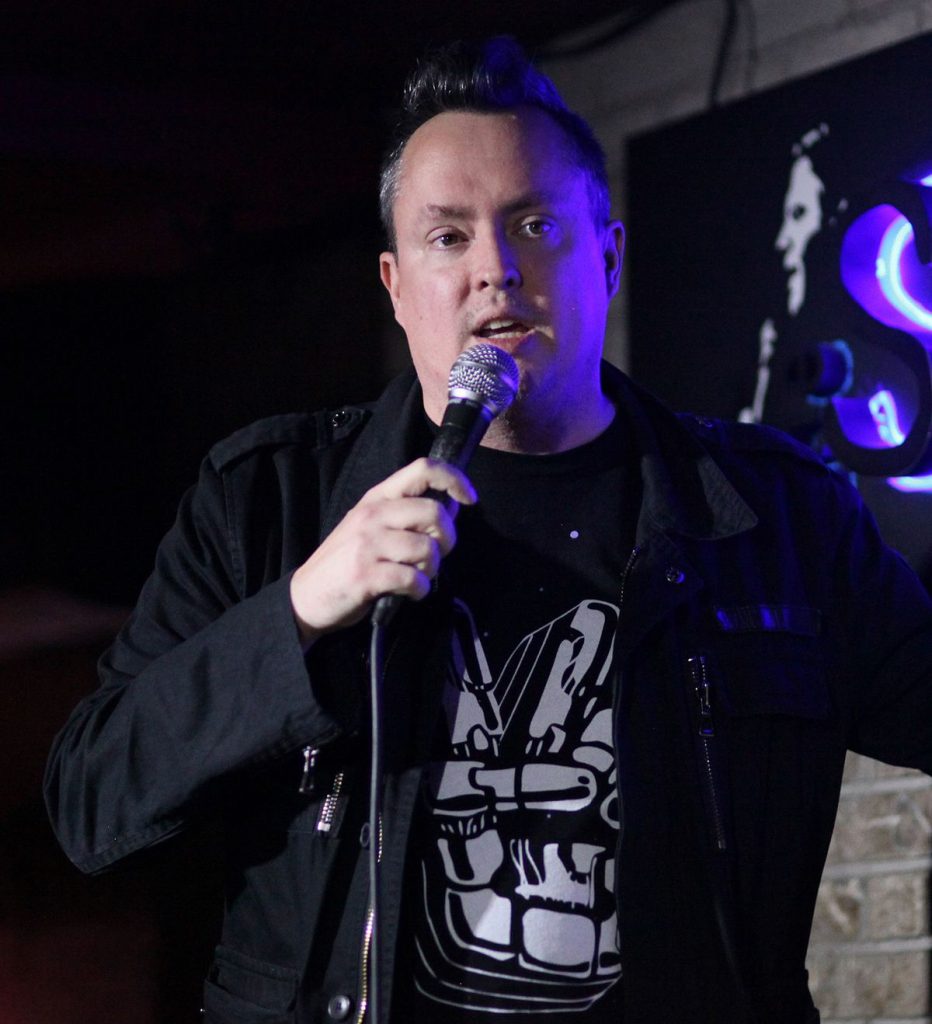
But the biggest flaw of them all with the “nothing to hide, nothing to fear” argument? The goalpost is a moving target. You don’t know if you have something to hide. What’s acceptable today could be criminal tomorrow.
Case in point. An innocent, acceptable joke made 10 years ago is now a major cultural crime today. Yes, Canada, we are looking at you (again). Ask comedian Mike Ward about how it’s worked out so far.
Or how about smart-ass teenagers posting tweets with offensive language, as brazen teens are want to do.
Josh Hader and Sean Newcomb had promising professional baseball careers ahead of them. That is until 10-year-old stupid teenage tweets resurfaced. The offensive tweets destroyed their careers and future.
Let’s look at the Canadian trucker Freedom Convoy again. The convoy began and ended as a legal protest. But it embarrassed and humiliated an authoritarian regime.
Supporters were demonized and punished. The military spied on protestors in secret.

The RCMP monitored the phone calls, text messages, and emails of 30 million Canadians. Even the Washington Post got in on the action. The Post published the names, contact details, and donations of 90,000 donors in print and online.
None of the donors broke the law. None of them donated with malicious intent.
Canada: An Example Of A Vengeful Government That Demands Control Of Privacy

When it comes to “nothing to hide, nothing to fear” nobody takes the cake like Canada’s Justin Trudeau.
Prime Minister, Justin Trudeau, declared a national state of emergency. A first in Canada’s rich history. Why?
It was a “retaliatory measure by the authoritarian petulant child prime minister.” (constitutional lawyer Keith Wilson, April 2022)
With Emergency powers, Trudeau began freezing the bank accounts of donors and truckers.
A federal judge later rules the truckers and protestors were within their rights. Rights as guaranteed by the Canadian Constitution.
https://farmersforum.com/truckers-were-right-freedom-convoy-protest-was-legal-judge-says-and-ottawa-is-now-being-sued/
In these last examples, nobody believed they had anything to hide. Nor did they believe they had anything to fear. The goalposts moved and they got caught in the storm.
The nothing to hide, nothing to fear argument is nothing new. The debate has raged on for hundreds of years if not more.
500 years ago, Cardinal Richelieu said, “If one would give me six lines written by the hand of the most honest man, I would find something in them to have him hanged.”
https://www.britannica.com/biography/Armand-Jean-du-Plessis-cardinal-et-duc-de-Richelieu

Lavrentiy Beria, the chief of the Soviet secret police put it well, stating, “Show me the man and I’ll show you the crime.” In a bitter taste of irony, the Russians executed Beria under false charges of being a British spy.
Concluding the Nothing to Hide, Nothing to Fear Argument
Everyone has something to hide. It’s ridiculous to presume otherwise.
We protect the privacy of our credit cards to avoid robberies and theft. Clothing protects our privacy and dignity from shame or embarrassment. Our opinions? It doesn’t take long to learn to keep them to one’s self to avoid conflict and confrontation.
We often conceal our religious beliefs because religion is a “hot button.” People are willing to kill and die on the premise of an ideology.
These are but a few examples. We do indeed have something to hide and fear. To say otherwise is to say you have no right to speak because you have nothing worth saying.
Privacy and anonymity are basic, fundamental human rights. But you can lose them if you don’t fight to keep them.



